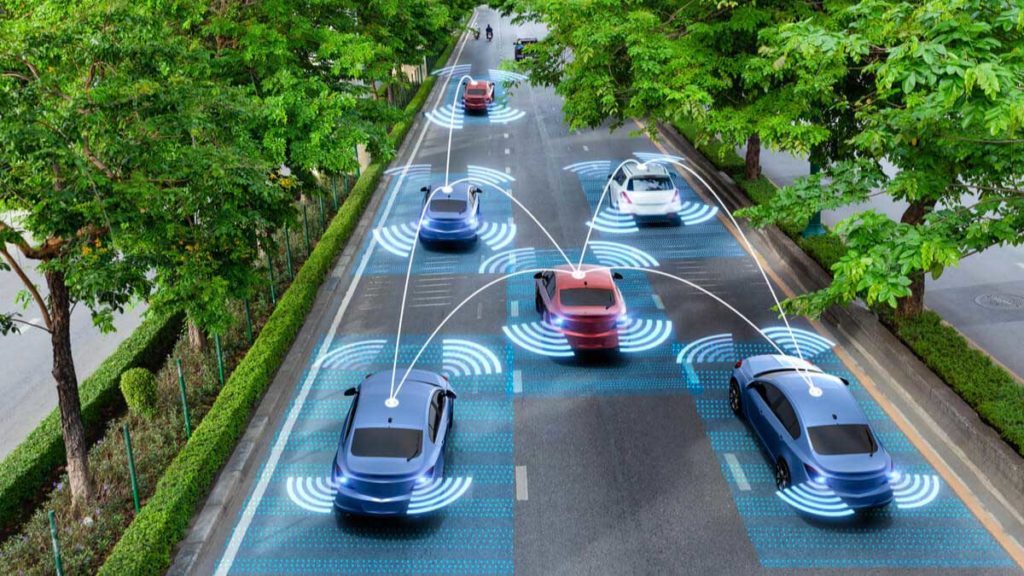
New opportunities for autonomous vehicles and intelligent solutions are emerging in China. Since the lockdown and the imposed restrictions on dining, retail, and everyday life, there has been a substantial increase in the use of driverless deliveries and non-contact operations.
Autonomous vehicles have helped ease the burden of transmission by transporting essential medical supplies and food to people in infected areas and also disinfecting hospitals and public surfaces to reduce the spread of the virus.
Zhenyu Li, corporate vice president and general manager of the Baidu Intelligent Driving Group said that they realize how automation and intelligence are the best solutions in response to large-scale emergencies.
Baidu is one of the leaders in autonomous vehicle technology and has provided 104 driverless vehicles in 17 cities across China. These vehicles help with cleaning, logistics, and transportation. Baidu’s autonomous vehicle platform Apollo has partnered with Neolix, a local self-driving startup to deliver supplies and food to Beijing Haidian Hospital. Apollo and Neolix have also deployed autonomous vehicles daily to disinfect all roads on Shanghai Zhangjiang Artificial Intelligence Island. The vehicles are responsible for carrying out a full range of cleaning and disinfecting procedures.
Apollo has also collaborated with iDriverPlus in providing autonomous vehicles to 16 hospitals for Covid-19 treatments nationwide.
Moreover, the Apollo platform has made its low-speed driverless micro-car kits and driving cloud services available at zero charge to companies that are dedicated to fighting Covid-19.
As China continues to push for smart city development, an instrumental component is Vehicle-to-Everything (V2X), an inclusive technology that allows vehicles to communicate with their environment, aiming to make autonomous vehicles smarter, safer, more economical and convenient.
Prior to the pandemic, autonomous vehicles were not as widely used in China as they are today. Covid-19 is accelerating their development leading to new breakthroughs and expansions that will minimize the impact of the pandemic.